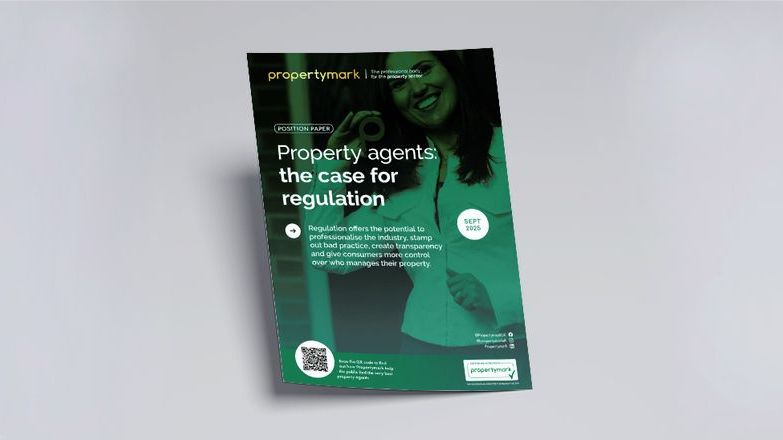
The private rented sector is the second largest tenure in England behind owner occupation this equates to 4.6 million or 19% of households. The growth of the sector has prompted an increased focus on management standards and on the activities of letting and managing agents.
Benefits of regulation
In 2014, legislation was passed making provisions for the regulation of letting agents in Scotland. This means that if you are carrying out letting agency work on any properties in Scotland, you need to meet the minimum training standards and join the Scottish Letting Agent Register in order to legally trade.
The aim of the Scottish Government’s agent regulation is to ensure that every agent involved in lettings has the right skills to do the job and meets minimum training standards.
The Scottish Government, through letting agent regulation, have introduced obligations for individuals employed in the industry, along with wider obligations for agencies. All agencies will need to ensure relevant staff are qualified and that staff understand and follow the Code of Practice.




